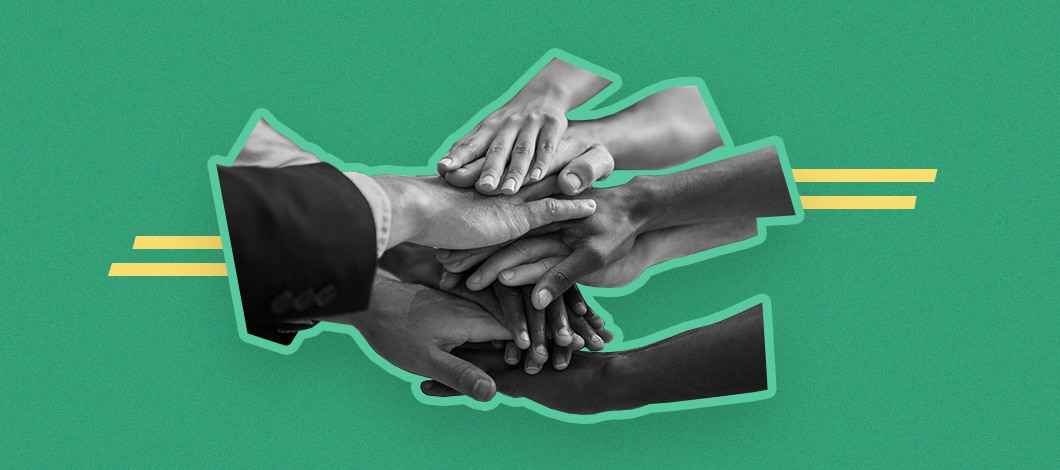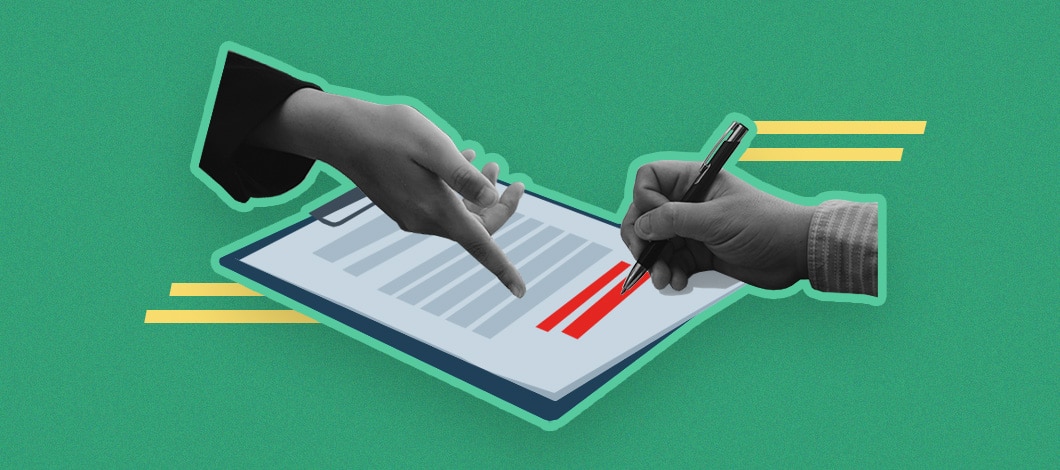When you applied for a Small Business Administration (SBA) loan and signed on the dotted line, you had every intention of repaying your debt. Unfortunately, things happened that steered you off course and now you’re unable to meet the agreed-upon repayment terms.
You aren’t alone. Defaulting on SBA loans is more common than you think. According to a report by the SBA, defaulted guaranteed business loans over the past 3 decades have totaled more than $3.1 billion (and that’s not including defaults on SBA loans due to COVID).
Here’s what you need to know if you’re asking yourself, “What is an SBA loan default?” Plus, find out what to expect if you’ve fallen on hard times and now face an SBA loan default.
When Is Your SBA Loan Placed in Default?
Exactly when your SBA loan is placed in default depends on the individual terms of your financing contract. In general, the SBA loan default process will begin when you’ve failed to make payments to your lender for 90-120 days.
Keep in mind, in some cases, even if you’re current on your payments, you could go into default if you violate the terms of your SBA loan agreement. For instance, though uncommon, taking on another loan or bringing in new shareholders without the lender’s approval could technically lead to a default.
What Happens If You Default on an SBA Loan?
If you default on an SBA business loan, your lender will initiate the collection process, starting with the seizure and liquidation of assets. If that doesn’t work, they’ll get the SBA involved.
Lender Seizes Business Collateral and Personal Assets
To recoup funds from an SBA loan default, lenders will attempt to seize and liquidate any assets you listed as collateral on your loan agreement. This might include business bank accounts, property, inventory or equipment. You may even be required to sell your business to settle the debt.
When you secured your loan, you likely signed an SBA loan personal guarantee agreement. If the value of your business assets isn’t enough to cover your delinquent debt, your personal assets may be on the line during the SBA loan collection process. The same holds true for any business partner who also signed a guarantee alongside you.
Depending on your type of business organization, you may think you’re in the clear, but this isn’t the case. An SBA loan personal guarantee agreement is legally binding even if your business is a corporation or a limited liability company.
If the debt isn’t repaid after the seizure and liquidation of assets, the lender more than likely will file a claim with the SBA for the guaranteed portion of the loan, minus the amount they were able to recuperate through the collection process.
At this point, you may be left with no assets (business or personal). The process isn’t over, though. With the lender repaid, the federal government will now attempt to recover the funds they gave to the lender.
SBA Steps Into the Loan Default Collection Process
If necessary, the SBA will step in to honor its guarantee to the lender, which for 7(a) loans is typically up to 85% for loans of $150,000 or less and up to 75% for loans over $150,000.
Once the SBA has paid the lender, the agency will initiate its collections process to recover its losses. To do this, the SBA will send you a 60-day demand letter. During this period, you’ll be required to pay the balance or provide an offer in compromise.
What Is an Offer in Compromise?
An offer in compromise allows you to settle your debt for less than the full amount you owe. If accepted, the federal government and lender forgive the remaining balance.
It’s important to note an offer in compromise is only applicable to businesses that have ceased operations, liquidated all assets and used the proceeds from those assets to reduce their delinquent debt.
SBA Loan Forgiveness Explained
After defaulting on your SBA loan, the SBA may accept your offer in compromise if it’s deemed fair and you have the financial ability to repay the sum within a reasonable time frame.
The SBA will make this determination after conducting a thorough review of your finances, including:
- Tax returns
- Assets (business and personal)
- Transfers or acquisitions of assets, including the relationship of and contact information for the person who acquired the asset
- Statement of income
- Expenses
It’s important to note that the SBA doesn’t have to accept your offer in compromise. If rejected, you usually have the opportunity to revise it and resubmit. For this reason, it may be helpful to seek the advice of an attorney who specializes in debt settlement and SBA loan forgiveness. An attorney may be able to help you craft a sound settlement offer that will have a better chance of being approved by your lender and the SBA.
Account Transferred to the U.S. Treasury Department
If you can’t reach an agreement with the SBA about the loan default, the Department of Treasury becomes involved. Specifically, your account is transferred to the Department, and to recoup the funds from your SBA loan default, it can leverage a range of collection methods, including the garnishment of any of the following:
- Wages
- Tax refunds
- Social Security benefits
- Federal/military pay
- Federal/military retirements
- Contractor/vendor payments
- Railroad retirement benefits
What to Do If You’re Facing an SBA Loan Default
The SBA loan default process is certainly no picnic. It can be stressful and costly. Despite this, don’t panic.
If you’re facing an SBA loan default, keep the following tips in mind:
Don’t Avoid Your Lender
When a business falters or has failed, it’s no doubt a traumatic experience. If at all possible, try to avoid going into SBA loan default, however. One way you can do this is by keeping the lines of communication open with your lender.
If you’re experiencing financial hardships and see yourself defaulting on your SBA loan, let your lenders know. They may be more willing to:
- Rework the repayment structure of your contract by lengthening your term
- Allow you to pay only interest for a period of time
- Defer payment altogether for a short period
Lenders are often willing to work with you so you can avoid an SBA loan default. So don’t be afraid to reach out to see what options are available.
And if your lender comes calling after a default, it’s critical you respond. Otherwise, your lender might sue you. Alternatively, your lender could close your file and refer it to the SBA, which could then transfer it to the Treasury Department for garnishment of wages and benefits.
Don’t Hold on to Your Business for Too Long
When you’ve invested so much of your time, money and effort into your business, it can be downright excruciating to let it go and consider defaulting on your SBA loan. But if it’s clear that failure is inevitable, don’t take on more debt or drain all of your personal reserves to keep your doors open. Before you take another 401(k) withdrawal to make payroll, think about the fact that if a settlement becomes the goal, you need to have resources to draw from.
Do Consider Hiring a Business-Debt Settlement Attorney
If you find yourself in SBA loan default, don’t wait until the U.S. Treasury Department is garnishing your wages before reaching out to a professional for guidance. A business-debt attorney can help you navigate the collection process, submit an effective offer of compromise claim or determine if declaring bankruptcy is a better choice for your particular situation.

Navigating Your Business Through an SBA Loan Default
When you face the prospect of an SBA small business loan default, it’s easy to feel powerless, but don’t. Communicate with your lender early and often to arrive at a repayment plan that better suits your financial situation.
If circumstances have left you in a position where you simply can’t pay and an SBA loan default is inevitable, put in the required effort to settle the debt as best you can.
As you go through the SBA loan default process, consider these small business owner quotes designed to motivate and inspire. Once you’re able to turn the page on this unfortunate chapter, you can move forward and focus on restoring your financial health.











